By taxing the wealth of the richest 0.5% of each member state's population, Europe could raise more than $227 billion in revenue.
The idea was outlined in a study by the European Parliament's Liberal Alliance Group, published two weeks after economists and politicians called for a tax on the super-rich at the G20 Summit in New Delhi, India.
A wealth tax on the richest 0.5% of people in every European country would raise more than 213 billion euros ($227 billion) a year, according to a study. The top 0.5% own nearly 20% of Europe's wealth, compared with 3.5% for the poorest half of the population. And their wealth has increased by 35% over the past 10 years, the study was commissioned by the non- governmental organization Tax Justice Network.
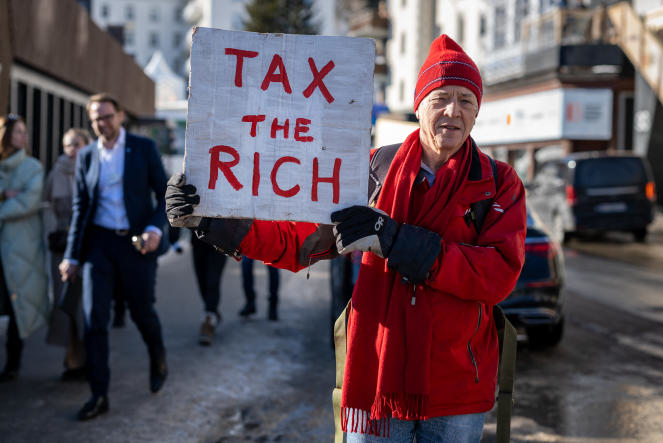
British millionaire Phil White calls for a "tax on the rich" at the World Economic Forum in Davos, Switzerland, January 18. Photo: AFP
Germany and France would gain the most from taxing the rich, with more than 65 billion euros ($69.3 billion) and more than 46 billion euros ($49 billion) respectively. In southern Europe, countries would also benefit to varying degrees, with Italy gaining 27.2 billion euros ($28.9 billion) while Portugal and Greece would gain 3.7 billion euros ($3.9 billion) and 1.4 billion euros ($1.49 billion), respectively.
Unlike the wealth tax passed in Spain or France's real estate wealth tax, the Liberal Alliance's tax proposal would apply to all types of assets from real estate, bank deposits, company shares to works of art.
If implemented, the tax on the rich would account for 1.35% of EU GDP, not including the wider impact of tackling tax evasion by wealthy individuals in tax havens.
In France alone, a tax on the super-rich would account for 1.75% of GDP. It would significantly boost spending on education (35%), health care (18%), or even cover three-quarters of the government’s planned new spending on the energy transition. For a heavily indebted country like Greece, the extra tax revenue would help pay for the salaries of more than 100,000 primary school teachers or significantly increase the education budget.
Claude Gruffat, a member of the European Parliament's Economic and Monetary Affairs Committee, said the idea was to focus on the very wealthy and avoid the rest. "So far we have preferred austerity to taxing the rich, but people are struggling and the issue of wealth redistribution has become important," he said.
The study also negates the risk of millionaires leaving if they are taxed. A common EU tax would further reduce that risk. It estimates that only 3.2% of affected millionaires are at risk of emigrating. “Studies have shown that the migration impact is negligible,” Mr Gruffat said.
In a context of rising inequality, the idea of taxing the super-rich has gained increasing support, including from neo-liberal economists who advocate reducing government intervention and promoting free markets.
However, there are still many thorny questions about the practical implementation of this new tax. For example: What should be the tax base? Should corporate shares be excluded to avoid large entrepreneurs and CEOs having to sell their business assets to pay the tax? What about constitutional barriers? Would it be better to implement the idea at the United Nations level or at the Organization for Economic Cooperation and Development (OECD), which sets a global minimum tax?
Former Colombian finance minister José Antonio Ocampo is a signatory to the New Delhi petition calling for a wealth tax. He hopes for an international agreement, with all countries agreeing to implement a minimum tax on wealth. He believes that rising inequality and its attendant effects are fueling social discontent and are one of the main drivers of rising political polarization and populist nationalism.
“The extreme concentration of wealth in the hands of a few is socially and politically unsustainable,” Ocampo said.
Phien An ( according to Le Monde )
Source link


![[Photo] Journalists moved to tears at the Memorial Service for the soldiers who died in Gac Ma](https://vphoto.vietnam.vn/thumb/1200x675/vietnam/resource/IMAGE/2025/5/30/9454613a55c54c16bf8c0efa51883456)

![[Photo] A delegation of 100 journalists from the Vietnam Journalists Association visits the soldiers and people of Truong Sa island district.](https://vphoto.vietnam.vn/thumb/1200x675/vietnam/resource/IMAGE/2025/5/30/0984a986227d4e988177f560d2e1563e)

![[Photo] National Conference "100 years of Vietnamese Revolutionary Press accompanying the glorious cause of the Party and the nation"](https://vphoto.vietnam.vn/thumb/1200x675/vietnam/resource/IMAGE/2025/5/30/1cf6cd5c8a934ebfa347028dcb08358c)
![[Photo] General Secretary To Lam receives Chief of the Central Office of the Lao People's Revolutionary Party](https://vphoto.vietnam.vn/thumb/1200x675/vietnam/resource/IMAGE/2025/5/30/140435f4b39d4599a3d17975dfb444c5)
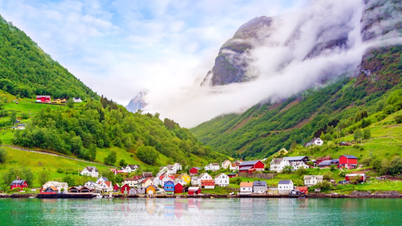

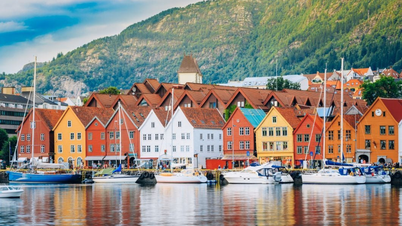
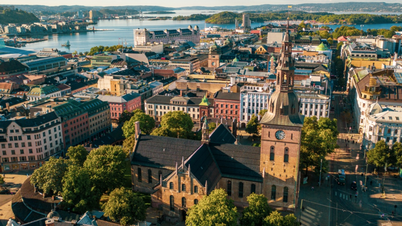
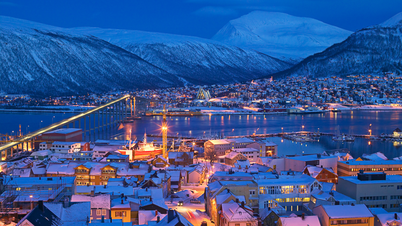
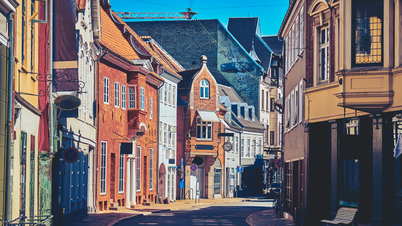
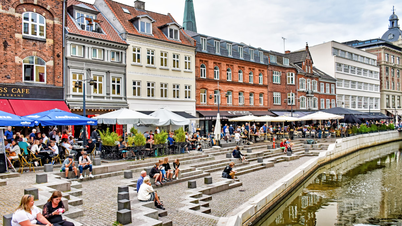



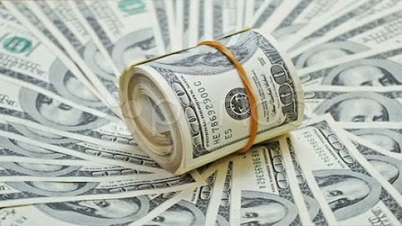













































































Comment (0)